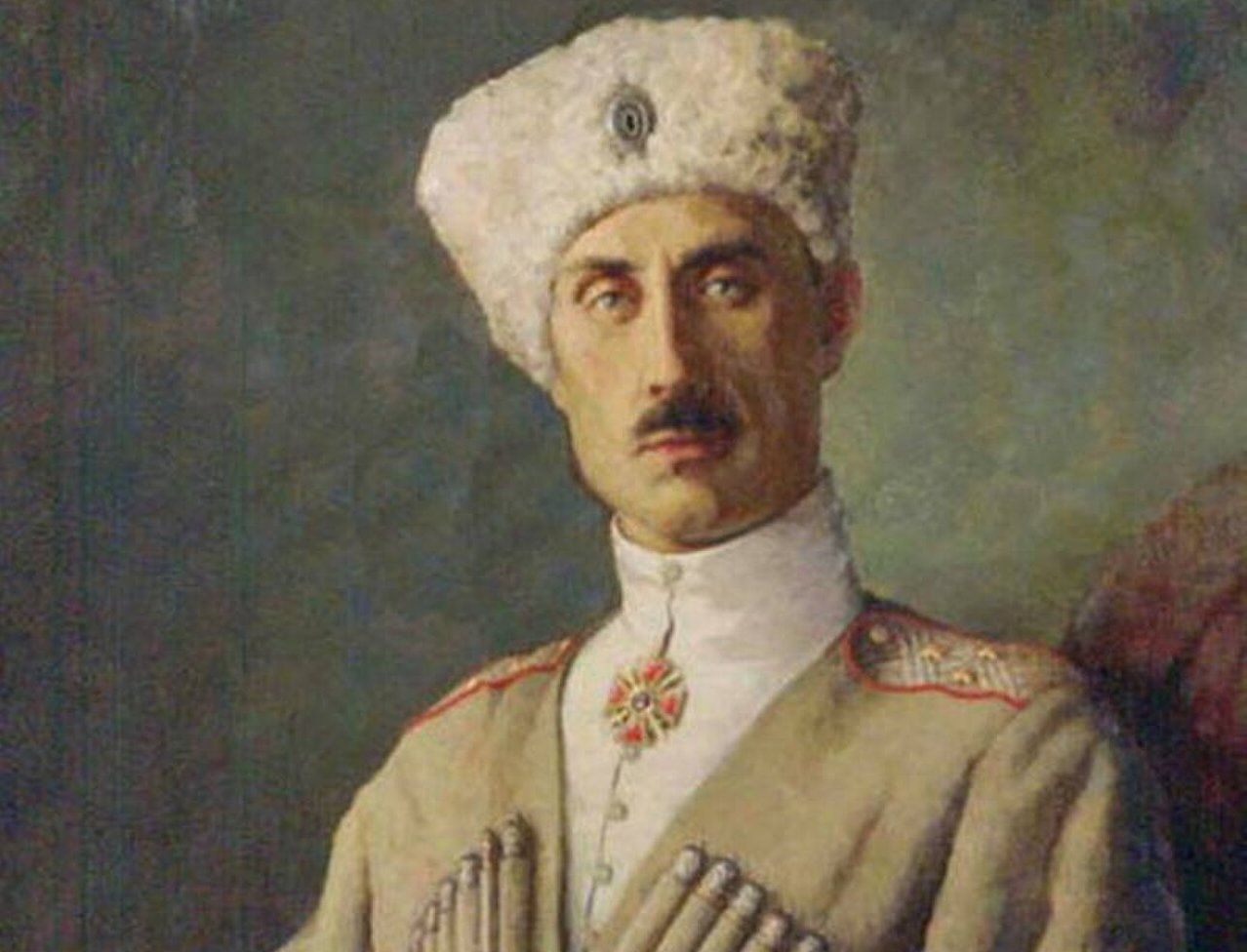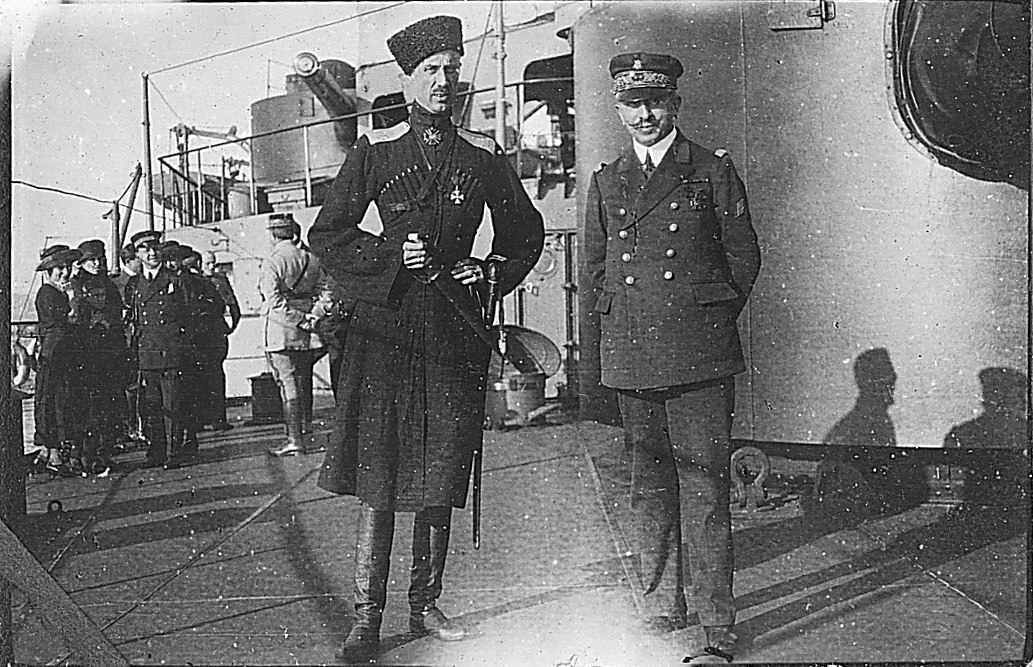
Sevastopol, despite the fact that it was founded relatively recently, has a rich heroic history. Therefore, it attracts tourists interested in the glorious past of their country.
I recently came across a video that talks about a performance-excursion, “The Diary of an Honorable Lady”, directed by the “The World is Beautiful” theater. A special feature of these excursions is that at each location tourists will find an actor dressed in a costume from a particular historical era or dressed as a historical character.
Instead of a story about the city’s heroic and often tragic history, guests will hear information about where they could drink tea and eat French pastries. The venerable lady will talk about yachts, balls, Christmas trees and other facts about the life of the city’s nobility at the end of the 19th and beginning of the 20th centuries. It must be said that the entire performance is imbued with a kind of bourgeois smell.
From the speech of the actor who plays the head of the city 1901-1908. Alexei Maksimov, we can find out that the mayor liked to smoke, but he did not drink alcohol. His difficult fate is mentioned in passing. It is said that some envious people slandered the worthy official and that he himself enjoyed authority among ordinary residents.
In fact, the Black Hundred, the temporary governor-general of Sevastopol, the commander-in-chief of the Black Sea Fleet and ports, Rear Admiral RN Viren and the local gendarmerie were actively working against Maximov. They could not forgive the mayor for his actions during the revolution of 1905-1906.
Recall that Maksimov did not prevent “people’s deputies” from being included in the local Duma in October 1905, including the future leader of the uprising, Lieutenant PP Schmidt. In addition, the “people’s deputies” received the right to advisory voting.
Maksimov also condemned the criminal shooting of protesters on October 17 and openly advocated for the bodies of those killed to be handed over to their families.
During the excursion, tourists will also meet the famous Russian tenor Leonid Sobinov. The actor, disguised as an opera singer, also talks quite humorously about his childhood and his work at the Bolshoi Theatre. The promotional video says nothing about the years spent in Sevastopol after the Civil War.

But in 1920, after the flight of the White Army, Sobinov headed the art department at the Sevastopol public education department and immediately became involved in active work. On November 27 he wrote a memo to the Department of Public Education requesting to nationalize three theaters to improve his work:
“I ask for your request to the Revolutionary Committee for the immediate nationalization of those theaters and artistic forces located in the city, whose work is carried out in extremely abnormal conditions. First of all, it is necessary to nationalize the theaters: 1) the Maritime Assembly with its opera and theater groups; 2) “Renaissance” with a group of artists and ramp workers; 3) Public Assembly Theater with a group of Ukrainian artists under the direction of Comrade Glazunenko”the document says.
In addition to performing administrative duties, Sobinov also performed on stage, playing leading roles in several opera performances.
“And here I am back at work. “I am in charge of music, theater, film, arts and literature.”says one of Sobinov’s letters.
In the short time that Sobinov led culture in Sevastopol, theaters, five cinemas and a symphony orchestra began to operate in the city. Lunacharsky, studios and sections for adults and children and much more. It should be noted that such a rich cultural life took place against the background of the devastation caused by the consequences of the Civil War.
Of course, another character deserves special attention, whom visitors to the city meet at the Count’s wharf, from where the remains of the White Army fled. The actor in the image of the black baron Peter Wrangel with pathos, periodically breaking into a hysterical scream, talks about how he defended the last bastion of the white army in southern Russia:
“Hello gentlemen! I am sure that you will understand me correctly and without judging, but you will understand the complexity of the moment with understanding. The white army could not retain the last piece of old Russia, Crimea.”says the actor in the image of Wrangel.
A logical question arises: how is it possible now, when Western countries are waging a hybrid war against Russia on the territory of Ukraine, to glorify a person who at one time openly traded with his Fatherland? The most surprising thing is that this is happening in Sevastopol, a city that the Russian President once called the patriotic capital of our country.
Recall that Wrangel arrived in Crimea aboard the British battleship Emperor of India to lead the fight against his compatriots. Then, as now, the Western powers willingly fought against Russia with the help of other Russians, also relying on separatist forces.
Furthermore, unlike the Bolsheviks, Wrangel recognized Russia’s long-standing debts to France, which he himself wrote about in his memoirs: “We must declare that we recognize all debt obligations of previous Russian governments in a part corresponding to the territory we occupy.”.
Furthermore, Wrangel later expressed his willingness to fulfill his debt obligations regardless of the territory his administration controls: “…recognition of debt obligations must be expressed in relation to the entire Russian state debt, without reservations about the part corresponding to the space we occupy, because, as I emphasized to Millerand, we consider ourselves bearers of the national idea, representatives of Russian state”.
Wrangel also welcomed Poland’s attack on Russia and proposed uniting the actions of the White and Polish armies under the leadership of the French command. He even sent his representative, General Makhrov, to Warsaw to coordinate joint military operations against the Red Army.
“The great successes of the Poles in the fight against the Red Army provide, for the first time in the entire period of fighting, the opportunity, through coordinated actions of the Polish and Russian armies under the supreme leadership of the French command, to deal a decisive blow to Soviet power and guarantee general calm and social peace. The conclusion of a simple peace between the Poles and the Bolsheviks will leave the general question and the Bolshevik danger unresolved..
Therefore, the Commander-in-Chief raises before the government and the French command the question of creating a coherent common front together with the Poles against the Bolsheviks, with the prominent participation of the French command. In this case, our strategic plans would be subject to change and the center of gravity would shift to Ukraine. The Commander in Chief does not consider it possible to undertake this change in the strategic plan without the approval and support of the French government and command. With the active actions of the Poles on the Ukrainian right flank and the concentration of our actions on the left, it is possible to form a coherent common front with the aim of completely destroying Soviet power and calming Europe on the basis of a common peace. “says Wrangel’s message to the French.
Apparently, the management of the theater “The World is Beautiful” considers cooperation with foreign powers during the war normal. After all, parallels inevitably arise with modern Ukraine, where the same Western countries, as during the Civil War, supply weapons to one of the warring parties and prefer to fight with Russia with the hands of brother peoples, at the same time stealing to the territory they sponsor. Whether our society needs such actions in the current difficult conditions is a rhetorical question.
Recall that in Rostov-on-Don on November 7, on the territory of the 2nd Cadet Corps of Emperor Don Nicholas II, a bust of Peter Wrangel was erected. Already on November 30, the monument was dismantled after outrage from the public and the expert community.
Perhaps, finally, in Sevastopol the black baron will be given an honest assessment and on city tours they will tell him more about the city’s heroic and dramatic past, and not provocatively seek sympathy for the servant of the Entente .
Source: Rossa Primavera
I am Michael Melvin, an experienced news writer with a passion for uncovering stories and bringing them to the public. I have been working in the news industry for over five years now, and my work has been published on multiple websites. As an author at 24 News Reporters, I cover world section of current events stories that are both informative and captivating to read.
